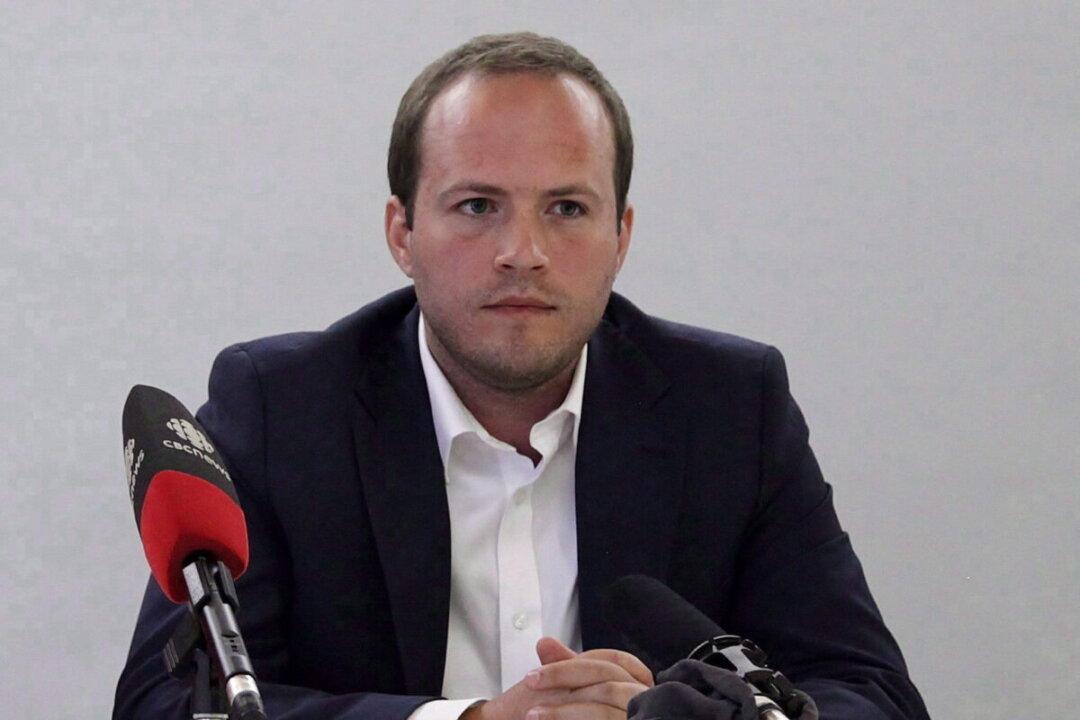A Liberal MP wants a “comprehensive review” of his government’s response to the COVID-19 pandemic, as more “accountability and transparency” are needed to answer to Canadians when it comes to implementing measures that affect the whole country.
“We need a greater level of accountability and transparency. And so in this case, we need the health minister ideally to identify the key drivers of pandemic risks, describe how Canadian activities contribute to that risk, and then put in place measures to mitigate that risk,” said Nathaniel Erskine-Smith in an interview with the National Post, reported on Oct. 7.





